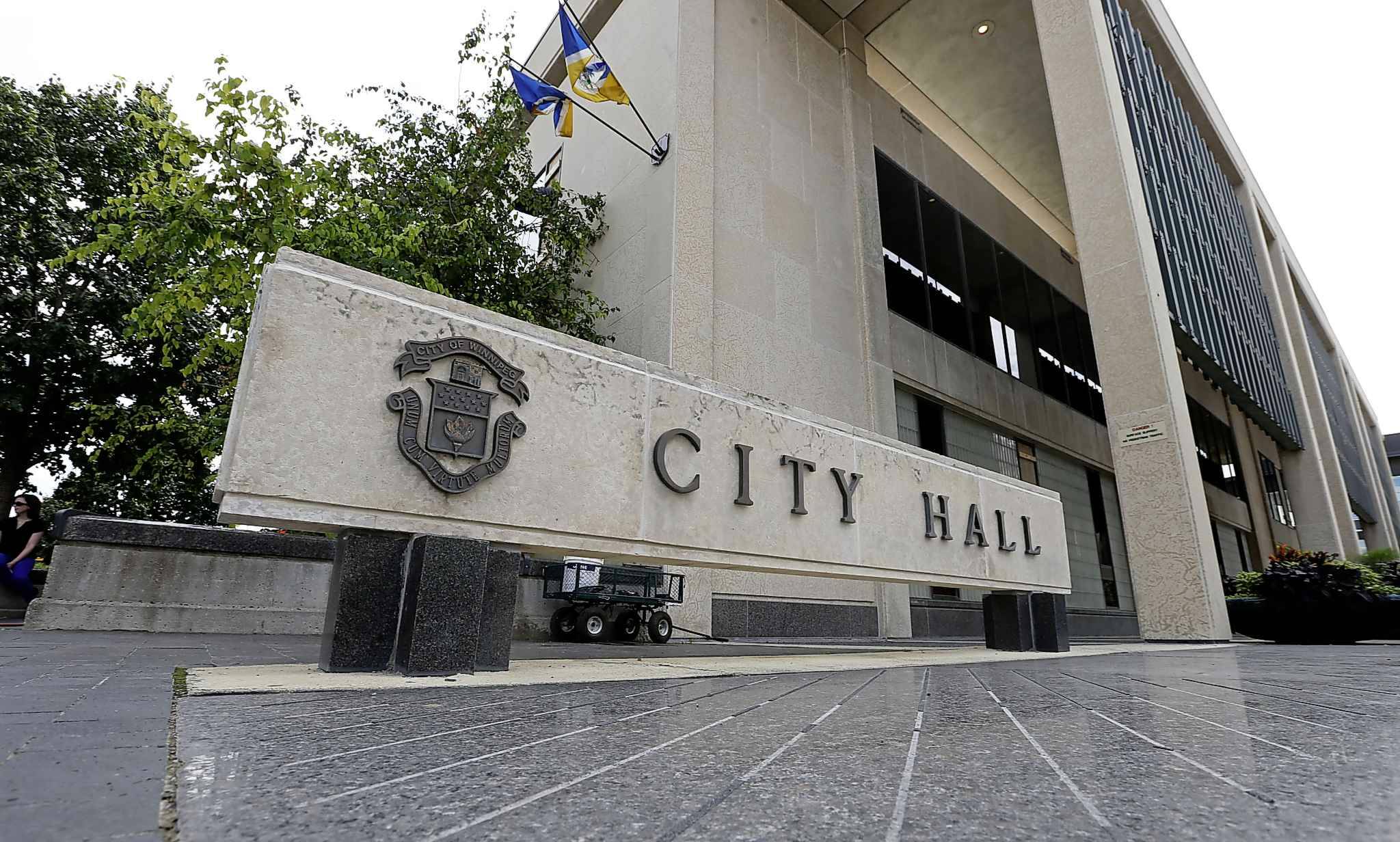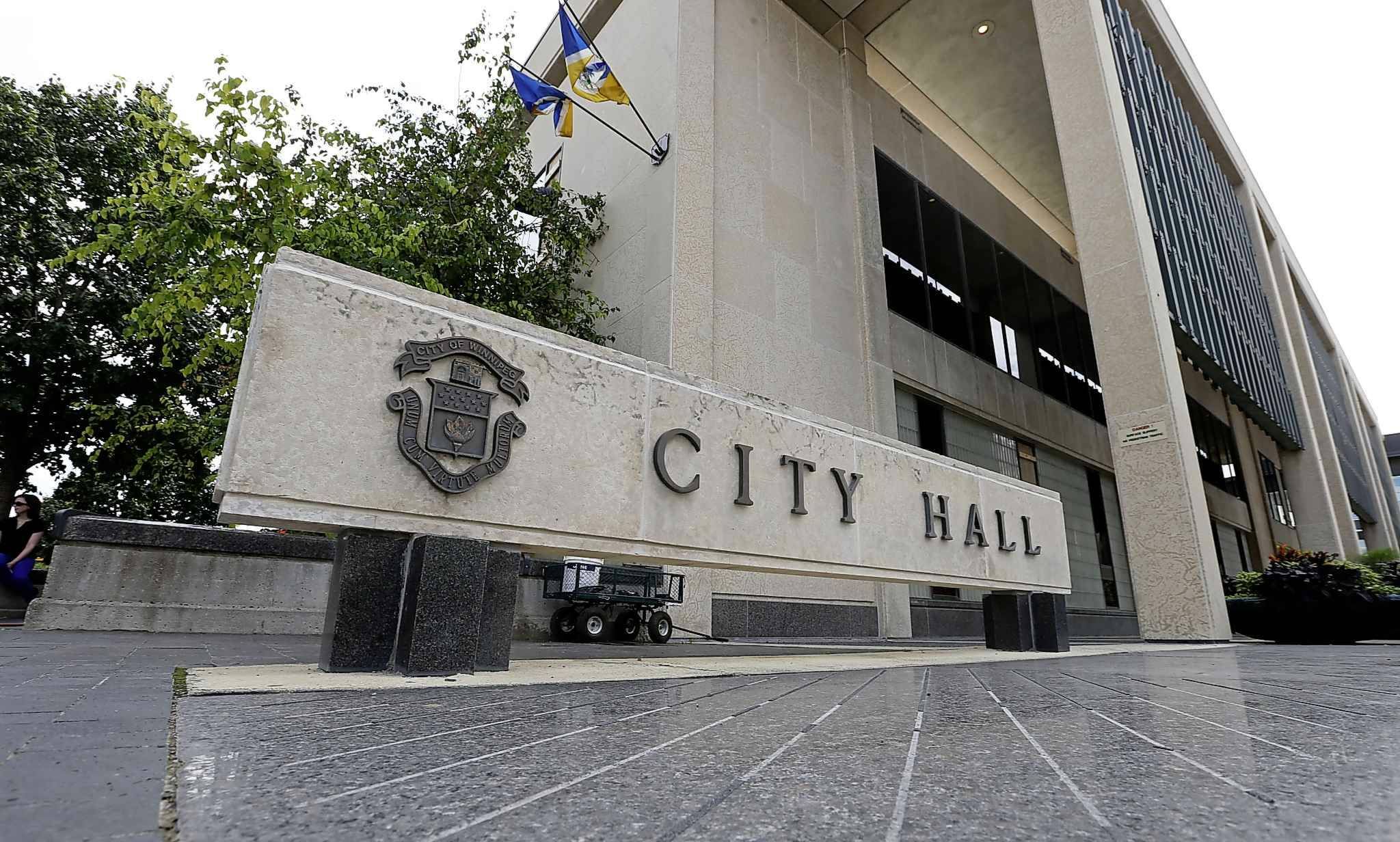Letters, April 28

No getting rid of poverty
Re: The tough positions an economist takes (Think Tank, April 25)
Gregory Mason says that “investment in technology and resource-led growth, supported by an educated workforce, cures poverty.”
It’s not clear if he is referring to world poverty, nation poverty, group poverty or individual poverty. In any event, I do not believe that poverty will ever be cured. There has always been, and will likely continue to be, individuals who, for one reason or another, simply “can’t make it” and will end up in poverty.
Technology, resources and education will benefit these individuals very little. They simply will not be able to fend for themselves. Call it bad luck, if you wish in some cases. That is why it is essential that there be some level of support for the poverty stricken to at least have them live with some degree of dignity.
As for Lemay Forest, it is unfortunate that some compromise solution could not have been derived.
Like it or not, the boomer tsunami is on its way and within a few short years, unless pre-emptive action is taken, there will be a medical crisis, home-care crisis and accommodation crisis unlike anything we’ve seen so far.
So far, we’ve had 20-30 years to prepare for this and nothing has happened.
Brian Fraser
Winnipeg
Power options
Re: Hydro’s attempted end run around the PUB (Think Tank, April 24)
Manitoba Hydro is touting the building of a gas turbine generating system to supplement the current water powered grid. They estimate a cost of $1.4 billion to build what will actually be a “peaker” plant. There are alternatives to meet peak demand.
In 2017 the Hornsdale (grid scale) Power Reserve became operational. The first of its kind, located North of Adelaide, it cost AUD$90 million and was completed in 63 days. Initial capacity was 150 megawatts. (expanded to 194 MW in 2020) It soaks up excess power from a gas plant when dropping demand puts the plant on idle. Since battery systems are infinitely scalable, it can be easily further expanded.
This original installation has set the pattern for massive battery storage in Australia, now measuring in gigawatts. Most of the power is supplied by solar and wind farms. This is particularly useful when demand drops, but the wind is blowing and the sun is shining brightly. Nothing gets wasted.
Manitoba Hydro can use solar and wind to charge batteries, and even save water in reservoirs, which are in essence big batteries. It can be done incrementally, and without adding massive debts.
Brian Marks
Winnipeg
Too late to claim archives
I find the current interest in what is happening to the Hudson’s Bay archives sadly interesting. Is it still really the Hudson’s Bay Company, or is it just an historic name, owned and operated by an American company that is completely indifferent to the name and the history behind it?
I suspect it is the latter, which begs the question of the phrasing of the current news headlines. Would it not be more accurate to say that the current owners of HBC agree with and support the selling of the historical archives?
The second point is historical.
If I recall correctly, HBC originally went up for sale in 2006 to Jerry Zucker. It was then resold in 2008 to an equity partnership and dropped from the Toronto Stock Exchange.
My question is, where was the federal government of Canada when both these sales took place? The Hudson’s Bay Company, for better or worse, was the cornerstone in the colonization of what ultimately became Canada, Manitoba and Winnipeg.
Why did the government do nothing to stop all of the archives and artifacts of the Hudson’s Bay Company from being included in either of these sales?
All of that should have become part of the Canadian Archives, and/or Manitoba Archives back in 2006, and if we missed it then, should have been picked up in 2008. It was the same federal government both times. Was our history not good enough for them?
Sadly, whatever happen now will be too little, too late.
David Dunlop
Winnipeg
Reflecting who we are
The actions of a deranged Donald Trump has awakened a special kind of patriotism in our country.
This is an opportunity to make a few simple changes that I believe would be meaningful.
Victoria Day has an understandable negative connotation to Indigenous people and, outside of a small and shrinking minority of monarchists, has little meaning to the rest of us.
Let’s move the Orange Shirt Day from late September and rename Victoria Day.
Similarly the Union Jack on our Manitoba flag is not reflective of who we are as Canadians. It should be replaced by the red Maple Leaf.
Bill Sparling
Winnipeg
City doing plenty
Re: How much does the city value our kids? (Think Tank, April 17)
Erna Buffie, in her April 17 opinion piece, notes that we, the city of Winnipeg, are the youth crime and child poverty capital of Canada. She asks how is the city responding.
Buffie questions where our municipal tax dollars are going and cites a $3.4-million youth grant fund from the city, comparing that to the $352-million police budget.
This is misleading. In fact, the city spends about $140 million annually on parks, recreation and library services. While these services benefit all citizens, about half of this amount is directed to youth services. There are over 1,000 parks with about 700 athletic fields, 460 playgrounds, 63 community centres, 20 libraries, not to mention the many outdoor rinks, indoor rinks, recreation/leisure centres, indoor pools, outdoor pools, outdoor spray pads, outdoor basketball/tennis courts, and skate parks. These facilities and programs serve tens of thousands of youths.
It is important to know that the city’s $1.4-billion tax-supported operating budget represents eight cents of every tax dollar, and the provincial ($23 billion) and federal ($449 billion) the other 92 cents.
Buffie states perhaps it isn’t the sole responsibility of the city to raise children out of poverty. It certainly is not. I believe the city plays an important role, but must rely heavily on, and work in partnership with, provincial/federal authorities and non-profit and charitable organizations.
Much is being done, but all levels of government, and we, as citizens, need to do more.
Don Budinsky
Winnipeg
Gas rate hike not so marginal
The recent approval by the Public Utilities Board of a 12 per cent hike in natural gas rates, effective May 1, is deeply concerning — especially for those already struggling under the weight of inflation, stagnant wages, and a rising cost of living. An increase of nearly $73 per year might seem marginal to some, but for Manitobans on fixed incomes, low-wage earners, and families already living paycheque to paycheque, this is yet another financial burden they can ill afford.
While it’s understood that Centra Gas does not profit from gas sales and that rates reflect market realities, such as reduced storage levels and higher international demand, the impact on everyday Manitobans must not be ignored.
Where is the relief for those who are already choosing between heating their homes and putting food on the table?
Moreover, this increase comes without any concrete indication of consumer support programs or affordability measures to cushion the blow. The timing of the hike — right after a colder-than-usual winter — makes it all the more punishing.
If our utilities are truly working in the public interest, there must be greater transparency and accountability in how these decisions are made — and a serious commitment to protecting the most vulnerable among us from being left out in the cold.
Yog Rahi Gupta
Winnipeg
